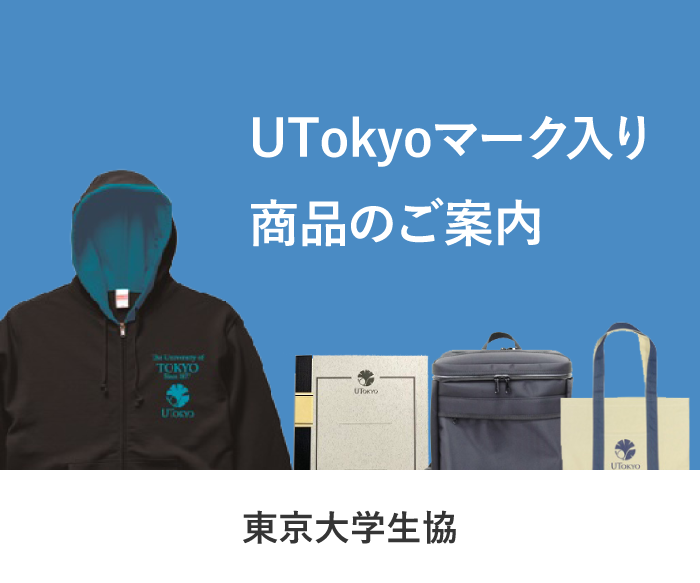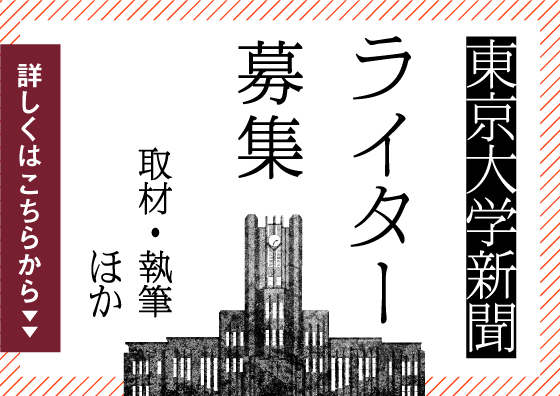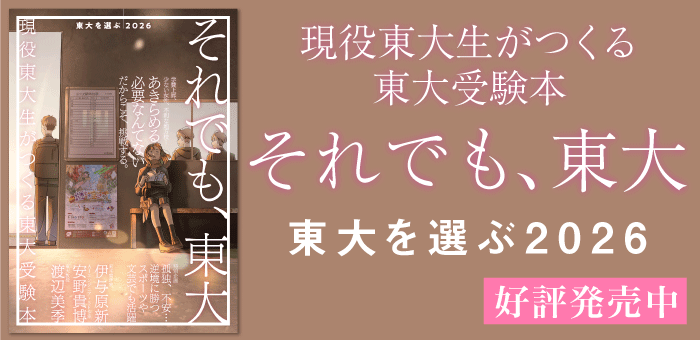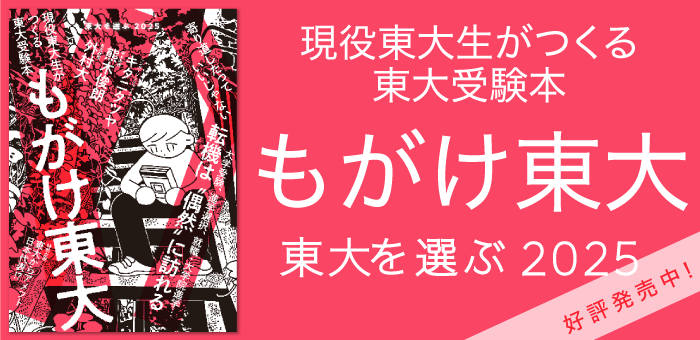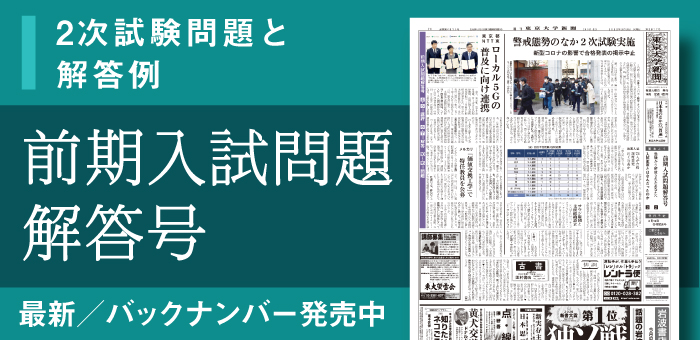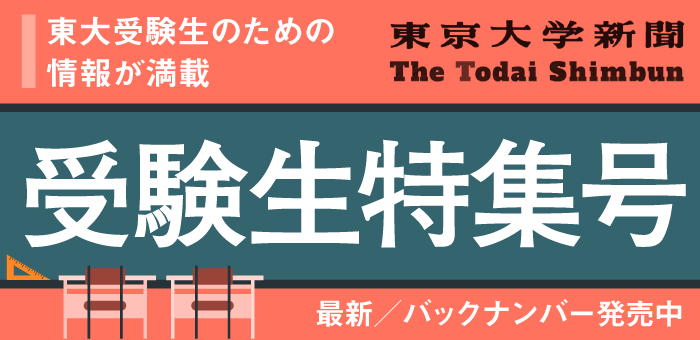On June 10th, the University of Tokyo’s Research Center for Advanced Science and Technology (RCAST) hosted a special public symposium in cooperation with the Embassy of Finland which featured the 13th President of the Republic of Finland, H.E. Dr. Alexander Stubb. The symposium, titled “Geopolitics and the Transformation of the Multilateral Order”, detailed the increasingly strained 1945 liberal world order, and the necessary reforms in order for it to reflect the contemporary world.
The symposium, using real-time English to Japanese translation, took place in the ENEOS Hall of Komaba II Research Campus, with attendance nearing full capacity of 172 people. Project Lecturer of RCAST Akira Igata moderated the event and opening remarks were given by UTokyo President Teruo Fujii and Director Masakazu Sugiyama of RCAST. The main event was a keynote speech delivered by President Stubb, followed by a Q&A session.

Dr Stubb has extensive experience in academic research, holding a PhD from London School of Economics and Political Science. He also served in the European Parliament and the Finnish government, including as Prime Minister and Minister of Finance. In April 2023, the year before Dr Stubb was elected, Finland ended its long-standing policy of neutrality, maintained since World War II, and officially joined the North Atlantic Treaty Organization (NATO). Dr Stubb was an early advocate for Finland’s formal participation in NATO, and opposes Russia’s war of aggression against Ukraine.
On June 11th, the day after the symposium, Dr Stubb signed the “Joint statement on Reinforced Cooperation in the Future between Japan and the Republic of Finland” with Prime Minister Shigeru Ishiba, reflecting the relevance of the symposium, where he argued for strengthening bilateral defense between countries who value human rights, liberal democracy, and have common interests.
Finland and Japan, with relations dating back to 1919, exemplify continued cooperation on security, education, and technology. President Fujii emphasized this in his remarks, detailing a previous keynote speech at UTokyo by a Finnish President and with his personal experience co-directing the European Joint Lab launched by UTokyo, involving a crucial partnership with VTT Technical Research Centre of Finland.
“The Tipping Point”
With the post-World War II multilateral liberal order coming under strain, Dr Stubb argues we have reached a pivotal tipping point, similar to the fall of the Soviet Union and end of WWII. He argues this tipping point came on February 24, 2022 when Russia, a “…permanent member of the United Nations (UN) Security Council…”, attacked Ukraine and “…blatantly violated everything that the United Nations stands for.” While Dr Stubb’s example could be viewed as Eurocentric, the participation of North Korean soldiers in the Russia-Ukraine war, conflict in the Middle East, and clashes in the South China Sea indicate a starkly polarized world.
Dr Stubb presented three points to consider for the transformation of the multilateral world: order, balance, and dynamics. In a transactional world order with increasing regional instability, he argues that a new multilateral order should be created to reflect the realities of 2025, not 1945. Norms, rules and laws should shift power towards the Global South, giving them more agency in international institutions. Finally, dynamics should shift towards cooperation and compromise rather than competition to mitigate conflict, whether global or regional.
━━The Multilateral Order
To understand the modern-day world order, Dr Stubb first addressed how it came to be. The 1950s were characterized by bipolarity and systemic rivalry, with opposing sides separating into communism and capitalism. This developed into post-Cold War unipolarity, with the United States as the dominant power. He explained how this led to our modern day world, where multilateral cooperation is exemplified by, for example, the North American Free Trade Agreement and the World Health Organization. However, this is currently shifting towards multipolar competition and conflict with increased militarization and economic fault lines. Dr Stubb continued to explain that while the modern world is based on agency for all states, this is uncontrolled agency. As a result, we live in a so-called “dog-eat-dog” world, uncontrolled by international norms and institutions.
━━Balancing Spheres of Influence
Dr Stubb divides the current world order into three spheres of influence. First, the Global West-comprising roughly 50 countries across North America and Europe, as well as Japan and Australia. This sphere contains the countries that constructed the current multilateral world order and their uniting cause is its preservation. However, the unknown variable is if the United States, under President Trump, will continue to lead this world order. Second, the Global East includes around 25 countries, primarily those that vote with China in the United Nations, such as Iran and Russia. Dr Stubb states, “This is more of an interest-based group, rather than a values-based group, and their interests are common in that they want to change the current world order.” Finally, the Global South, although Dr Stubb notes this is a gross generalization, comprises roughly 125 countries, including India, Saudi Arabia, Brazil and Nigeria. In his view, this group is the most pivotal due to a variety of factors, including high birth rates and economic growth. He posited that the Global South’s increasing influence will have a “big impact” in deciding the future world order.
Dr Stubb makes the case that if the Global West wants influence in deciding the new world order, it is crucial for them to balance power in international institutions. If a country does not have agency in an institution, they will circumvent it instead. As of right now, only five countries have veto power in the UN Security Council. He advocates expanding at least one permanent seat for Latin America, two for Africa, and two for Asia in the UN Security Council.
━━Dynamics and Cooperation
Lastly, Dr Stubb discussed the dynamics of intra-state relationships. He stated the first dynamic—competition—is innately a good thing. For example, technological competition allows us to thrive. However, if healthy rivalry becomes uncontained geopolitical competition, it can spillover into the second dynamic–conflict, which has proliferated recently. Conflicts such as those in Israel-Palestine, Russia-Ukraine, and Sudan have become increasingly regional. This is where the third and most crucial dynamic, cooperation, is required to contain conflicts and avoid their expansion. While Dr Stubb acknowledges the current world “doesn’t exactly shout cooperation”, if international institutions are to be preserved and peace achieved, the world must increasingly cooperate to “change the power balance in these institutions.”

H.E. Dr. Alexander Stubb, 13th President of Finland, presenting at the UTokyo Komaba II Campus
To conclude, Dr Stubb argued that in a multipolar world, rife with regional instability and increased polarization, a transformation of the multilateral order is necessary to reflect the contemporary world. To address this, norms, rules and laws should shift power from the Global West, and give more agency through international institutions to the Global South and East. Otherwise, as Dr Stubb states, the West risks becoming “pensioners who nostalgically think about our cultural heritage”. This balance will facilitate the shifting of dynamics towards cooperation and compromise in international institutions, restoring trust and reducing the possibility of conflict.

━━Q&A
Following the lecture, a Q&A session lasting about 30 minutes was held, during which Dr Stubb responded to six questions from students and journalists. In a dynamic exchange with Project Lecturer Igata, who served as interpreter, a lively discussion unfolded, covering topics ranging from international relations to concrete proposals for institutional reform.




